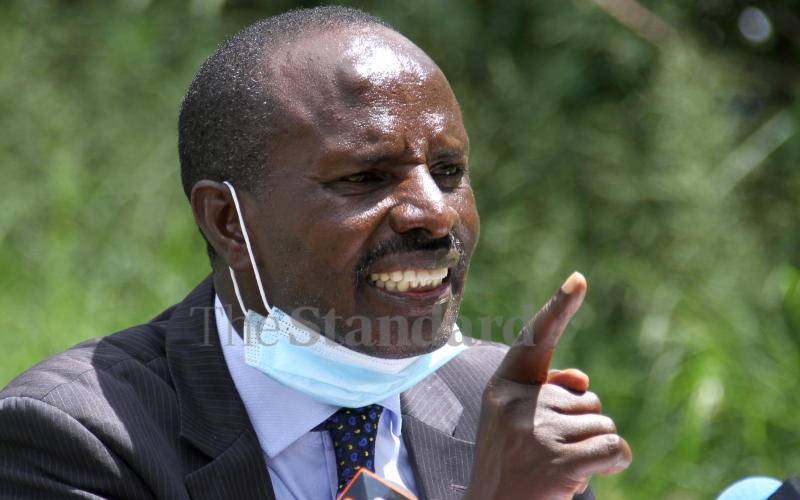
Education, training and research is a major platform for socio-economic transformation – and if the Government is committed to transform education and training to achieve economic change, Kenyans have to embrace 2022 as the defining moment of the country’s education, considering that it is a transitional year.
Transition in national governance comes about when Kenya is aiming at a moving target – the Education 2030 Agenda. It is worth noting that the Government’s efforts towards the realisation of Education For All (EFA) experienced a number of challenges which included high poverty levels, shortage of teachers and inadequate financial resources.